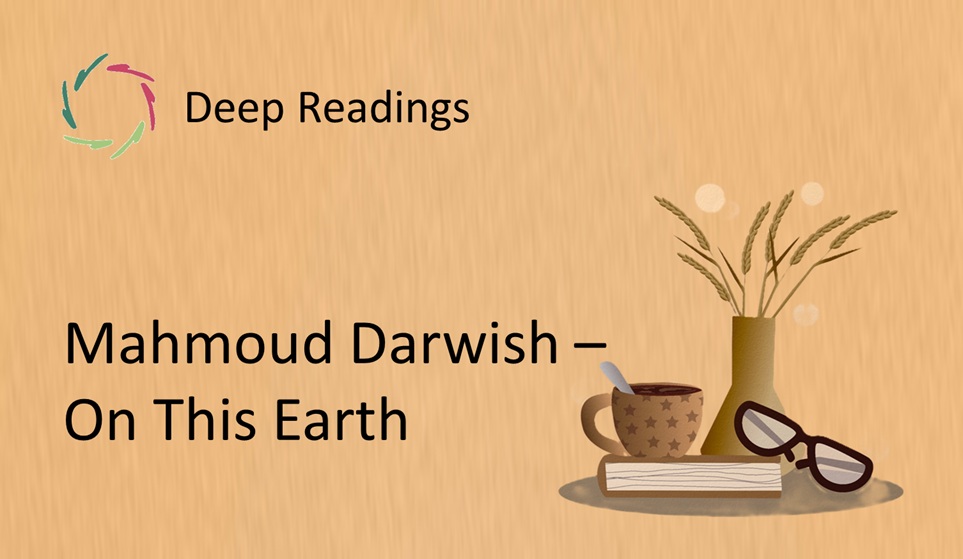Deep Reading: Foreigner ― I Want to Know What Love Is (1984)

The fragment
“I want to know what love is.
I want you to show me.”
(copyright okay)
Read full lyrics → Genius
Listen → YouTube
Contextual glimpse
Released in 1984 on the album Agent Provocateur, this power ballad became Foreigner’s signature hit, blending rock instrumentation with a gospel choir. The sound builds steadily: verse to chorus, soft to soaring, intimate to communal.
The fragment is the core refrain, repeated as invocation. Its plainness carries unusual weight: a chart-topping rock song voiced not in swagger, but in vulnerability. The lyric cuts past ornament to a request that feels ancient and personal.
Resonance
The lines hinge on the paradox of love: we sense it, long for it, yet cannot fully define it. To “know” is not enough; the lyric adds “you” — the need for love to be shown, not only explained. The plea is both an admission of lack and an act of courage.
The music swells as if answering, the choir lifting the single voice into a communal affirmation. What begins as solitude becomes shared recognition. Love, then, is not conquered but revealed, not possessed but received.
Why this may also be about you
There may be moments when you feel the words inside yourself: love as something longed for but not yet fully lived. Saying so aloud can feel risky.
This fragment offers permission to voice the need without shame. It makes vulnerability sound like strength, and longing like a path.
Lisa’s inspired, original idea about this fragment
The plea here is like a window thrown open in winter: cold rushes in, but so does light. The openness stings, yet it clears the air.
What makes it powerful is that the request is not for possession but for revelation. The self steps back, asking another to embody love’s definition. In this, the song teaches that knowing love is inseparable from receiving it.
Echoes
Over decades, the song has endured through countless covers, from Tina Arena to Mariah Carey, and in countless settings — films, weddings, arenas. Its persistence shows how the vulnerable chorus became a cultural shorthand for yearning that is both personal and universal.
The combination of rock ballad and gospel choir turned private longing into public ritual. The fragment still resurfaces whenever people need a language to say: I am ready to be taught by love.
Inner invitation
Close your eyes and imagine singing these words not to a person, but to life itself. Let the fragment live inside you for a while, as a prayer more than a plea.
Now notice what softens when you allow yourself to want openly. Feel how the asking is already a form of receiving.
Closing note
This is about the human being you are: one who can admit the need for love, and in the very asking, begin to know it.
Lisa’s final take
To ask is already to open the door.
Keywords
Foreigner, love, longing, vulnerability, gospel, knowing, showing, openness, courage, revelation, plea, connection, power ballad


